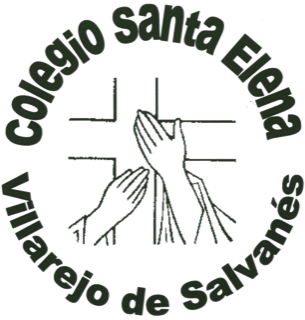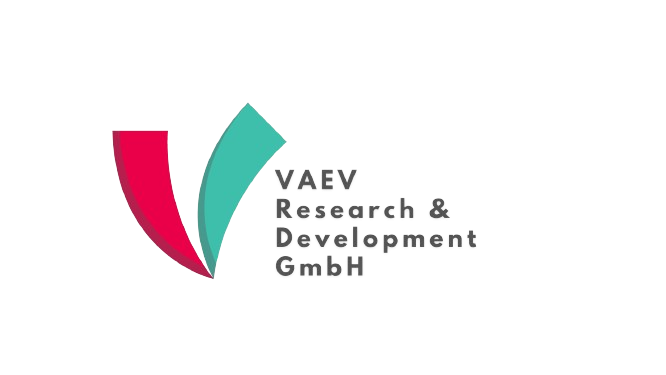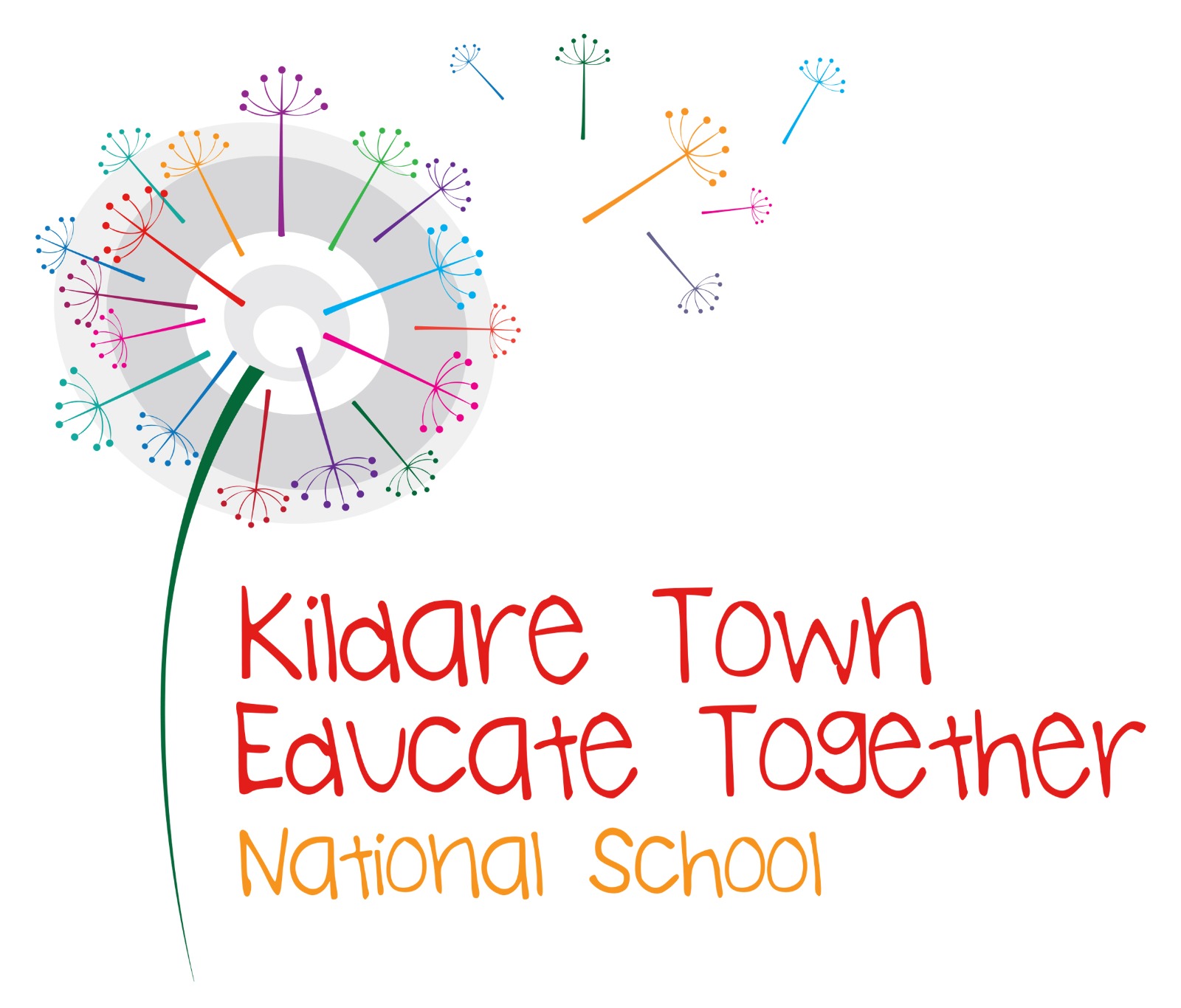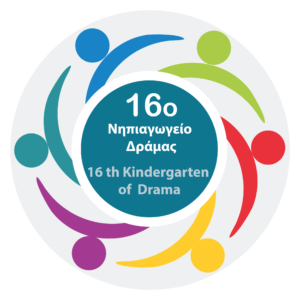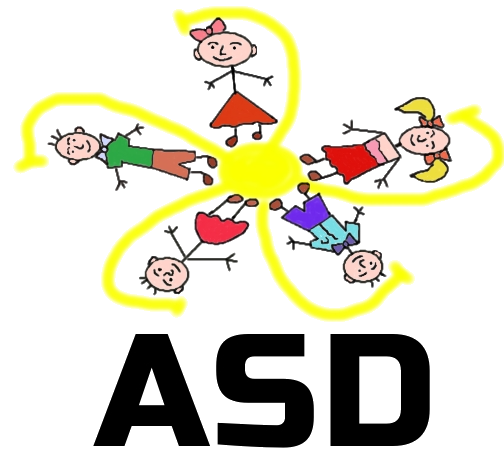PARTNERS OF THE SaLT PROJECT
The SaLT project has been developed by the 7 following European organizations, coming from 6 countries (Austria, France, Greece, Ireland, Roumania and Spain).
Colegio Santa Elena (Spain, project coordinator)
Santa Elena School is a private school based in Villarejo de Salvanés, South East of Madrid (Spain). Santa Elena School is supported by public funds and belongs to Santa Elena Foundation.
This foundation aims to provide an education according to Christian values to children of Villarejo de Salvanés. The school opened in 1961, being managed by Missionaries of Parish Action. In 2006 the management of the centre changed, becoming the Foundation itself to manage the school by a general headmaster.
In the last ten years, the number of students has been increased by almost 140%. From 250 students who were at school at the end of the 2005/2006 year to 600.
In Santa Elena School there are about 600 students at pre-primary, primary and secondary level, 39 teachers and 5 administrative and services staff.
There is a strong multicultural and diverse atmosphere in it (currently it is possible to find 14 different nationalities in the
classrooms) and aims to develop further teachers’ skills, to include innovative teaching methods and educational resources
into daily classes, stimulating digital competencies, interest for STEM subjects and promoting higher inclusion opportunities
for students.
Collaborative learning is also included in the daily work, especially with students from pre-primary and primary education. Primary and Secondary students are involved in technological projects where they can improve creativity using robotics to solve everyday life problems.
VAEV Research and Development Agency
VAEV R&D is a research organization, based in Vienna (Austria), formed by a community of passionate advocates committed to developing sustainable solutions to improve education and learning processes by conducting research, participating in projects, and promoting innovation. Through continuous interaction of cross-border collaboration, VAEV develops and delivers programmes in the form of community-based activities to empower people, advocate for policy change, and advance and strengthen access to quality education and learning opportunities for the most vulnerable groups.
Our members are changemakers that strive to create lasting solutions that improve education and learning by promoting collaborative partnerships to share their expertise, insight, resources, and best practices, undertake a number of activities and projects that contribute to the development of inclusive, equitable, and quality education and stimulate lifelong learning opportunities, especially for youth, seniors, people with disabilities, minority groups, and those living in areas of high social deprivation. These mutual-learning activities involve a wide range of issues and vary from different physical and digital activities, group work, and volunteering opportunities, as well as capacity-building activities related to diverse areas of education, employability skills, and personal development that build a foundation for the future and bridge the gender and generational gaps.
Our main goal is to promote and facilitate the exchange of ideas and create environments that enable open discussions, stimulate new thinking, and improve physical, and mental health, and the general well-being of different social groups by building confidence and self-esteem. Our focus is directed to assist in self-development and personal responsibility with the aim of increasing employability/ educational opportunities by engaging in structured, positive activities.
Interactive 4d (France)
INTERACTIVE 4D is a French SME based in Nice (France). INTERACTIVE 4D is specialized since 2010 in the design and development of serious games and gamified e-learning tools for the following fields:
- Professional training (learning games, LMS platforms and gamified e-learning modules)
- Education and public awareness (cultural heritage, environment, cybersecurity, entrepreneurship…)
- E-health (health assessment tools, telemedicine, health education of patients, training of healthcare professionals).
INTERACTIVE 4D uses open and evolutive software tools and languages. This allows the quick development of 2D / 3D serious games and e-learning modules with the following advantages:
• online accessibility through any device (PC / Mac, Android and iOS tabletts and smartphones)
• 2D or 3D graphic environments
• availability in different languages
• monoplayer or multiplayer mode
• Live reports on connections and scores
• secured modes respecting European regulations.
In the SaLT project, INTERACTIVE 4D was responsible for the design and the development of the digital tools (website and app) with the help of the other project partners for the content.
Kildare Town Educate Together (Ireland)
Kildare Town Educate Together opened in 2012 in the town Kildare (Ireland), close to Dublin. It is a modern, dynamic charity that is redefining standards in inclusive, learner-centred education. It is working to transform the learning environment for all pupils so that they are properly prepared for life in the twenty-first century.
It is a primary school that caters for children from Junior Infants (4 years old) to 6th Class (12 years old). There are 429 children, 25 teachers and 9 Special Needs, Assistants. They have three classes for children with autism.
Kildare Town Educate Together school is state-funded, child-centred and democratically run. The school guarantee “equality of access and esteem to students irrespective of their social, cultural or religious background.”
Educate Together school is based on the 4 pillars:
1. Equality-based: All children have equal access to the school and no one religion or worldview is given priority over another within the school.
2. Co-educational: All children are encouraged to explore their full range of abilities and are provided with equal opportunities regardless of their gender or identity.
3. Child-centred: Our child-centred approach means that we put children at the heart of all policies and practices and involve them in decision-making where appropriate.
4. Democratically run: We run the school on a democratic basis, encouraging active participation by parents and students in the daily life of the school whilst positively affirming the professional role of the teachers.
Educate Together also have a distinct ethos or governing spirit. This has been defined in the following terms: Multidenominational – all children having equal rights of access to the school, and children of all social, cultural and religious backgrounds being equally respected.
In our school, we have a high number of children with Special Educational Needs. In the past, we have worked on projects which have been inclusive of all children around the area of multiculturalism and also road safety. We have used drama as a methodology to engage children with communication difficulties. We have a lot of experience with children who have Speech and Language concerns. Our team of special education teachers use a range of approaches and methodologies including the use of many different technologies.
16th Kindergarten of Drama (Greece)
The 16th Kindergarten of Drama is a public Kindergarten and its goal is to help children develop physically, emotionally, mentally and socially, within the framework defined by the broader purpose of Primary and Secondary Education.
Our students are in the early stages of their development and the role of our kindergarten is complex.
In particular, the 16th Kindergarten of Drama helps toddlers through a variety of activities:
• cultivate their senses and organize their motor and mental actions,
• enrich and organize their experiences of the physical and social environment and acquire the ability to distinguish the relationships and interactions that exist within it.
•to develop the ability to understand and express with symbols in general and especially in the fields of language, mathematics and aesthetics,
• to proceed with the creation of interpersonal relationships, in order to help them gradually and harmoniously integrate into social life and
• develop initiatives freely and effortlessly and, within the framework of the organized environment, become addicted to the two-way relationship of individual and group.
Attendance at kindergarten is two years and compulsory.
We are different (Romania)
Association “We are different” is a nonprofit organization which has as to promote the specific values of inclusive societies.
Main objectives of the association:
• Prevention and fighting the factors which generate disadvantaging, marginalization and social exclusion of people with special educational needs and their families by providing educational, therapeutic, social and support services.
• Promotes the respect for human dignity and universal human rights, excluding all forms of discrimination.
• Making the community aware and sensitive about the diversity specific to an inclusive society.
• Defending and promoting the fundamental human rights and reinforcing the principle of auto determination.
• Sustaining and promoting the development of organizations, institutions and human resources which provide services of social, educational and psycho-pedagogic assistance or support and counseling services for people with special educational needs and their families, and have as final purpose ensuring the quality of services.
• Promoting high standards of competence and professional ethics within the specialists who work with people with special educational needs and their families.
• Facilitate the access of experts, educators and parents to different forms of training (lifelong learning) to better respond to the needs of children with special educational needs.
• Sustaining the experience changes by organizing national and international scientifically and professionally actions.
Main activities:
– Speech education and speech language therapy education services provided to children with special educational needs (mainly with autism but also with other disorders).
– Social services of education and psychomotor therapy offered to children with special educational needs.
– Counseling and support services provided to specialists who work with children with special education needs and to families who have children with special educative needs.
Sant Josep School (Spain)
Sant Josep School is a center of education for early childhood and primary education in Terrassa (Spain). It includes levels of nursery, preschool and primary education and has a total of 300 students. The center is of a single line and the groups are divided for improved teaching performance.
– It is part of an English language immersion project (PIPE).
– Own English project (HKP)
– Multilingual centre: teaches 1/3 of the subjects in English, 2/3 in Catalan and hours for Spanish and German.
– Emotional Project: Dynamics of group cohesion, Mindfulness in the classroom, emotional management …
– 9 months 9 causes project aimed at working on the goals of sustainable development.
– Contextualized and meaningful learning.
– 70% of teachers are studying and improving their level of English.
– Continuous teacher training to offer a quality education.
– Exchanges and good practices with European countries with which we have collaborated in other projects (Poland, England, Greece and the Netherlands).
– International Development Plan
– Radio program (Primary 5º students) with an English section.
The centre welcomes students from the first cycle of the nursery (1 year) to the last year of primary school (12 years), divided into single-line classes, a fact that facilitates constant communication between the teaching team and the creation of
a family work environment.
From school, we have inclusion and equity as the main axis of any educational practice.
The purchasing power and socioeconomic status of the families in the centre are low, so access to many educational resources is limited if they are not offered from school, such as teaching and improving foreign languages.
In addition, the school has the presence of students who present some special educational needs, supporting them educationally and emotionally with qualified professionals who act inside the classrooms, rejecting segregated education and enhancing interpersonal relationships with peers.
